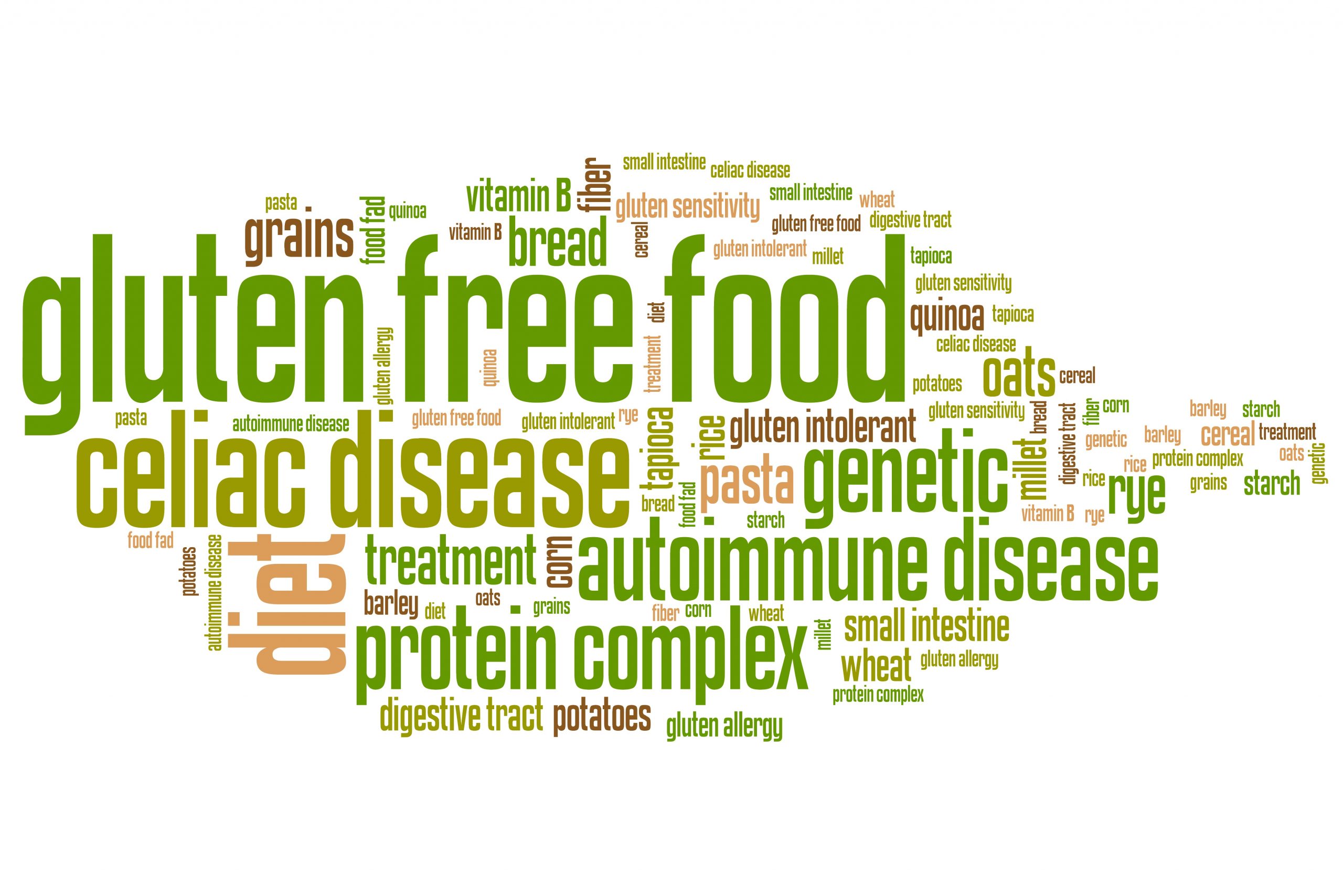

More on the Autoimmune Protocol Diet

By Sarah Garone
If you live with an autoimmune disease, such as lupus, rheumatoid arthritis, inflammatory bowel disease, or thyroid disease, you know firsthand how much these conditions can affect your quality of life. As you attempt to find relief from your symptoms, you may have turned to your diet to see if the food you eat has an impact on the way you feel.
The autoimmune protocol diet (AIP) is one pattern of eating developed to help sufferers of chronic autoimmune disease manage their conditions. (In fact, The Un-Possible Kitchen’s founder, who suffered from eczema, reversed her condition on an AIP diet!)
An autoimmune protocol diet can be extremely useful, but it does require serious attention to detail—at least temporarily. Here’s what you need to know about this eating plan.
Autoimmune Protocol Diet Basics
To understand how an autoimmune protocol diet works, you have to understand a little bit about how autoimmune diseases work. Many autoimmune conditions are driven by chronic inflammation. Under normal circumstances, inflammation is a good thing. The redness, swelling, and heat you experience around a cut, for example, actually help the body recover. In autoimmune conditions, however, the body mistakenly attacks its own healthy tissue, creating chronic inflammation and painful or even debilitating symptoms.
On an autoimmune protocol diet, the goal is to eliminate foods that might add to your inflammation levels. By doing so, you may be able to calm the adverse symptoms that come with an autoimmune disease.
In addition to removing the “usual suspects” you might expect—like processed foods, sugar, and alcohol—an autoimmune protocol diet also takes out other large categories of foods, such as grains, nuts, seeds, dairy, eggs, and beans. Since many of these foods are common allergens, the theory goes that any of them could be responsible for causing unwanted inflammation.
An autoimmune protocol diet isn’t forever. Instead, it’s a form of elimination diet, usually practiced in two phases. During the first phase (which can last up to 90 days) you’ll adhere strictly to approved foods. Then, once you’ve established this form of eating–and hopefully seen improvement—you begin to reintroduce one food at a time. Typically, an autoimmune protocol involves waiting five to seven days between new reintroductions.
Benefits and Uses of the Autoimmune Protocol Diet
The AIP diet isn’t a run-of-the-mill diet recommended for people who just want to lose weight. Instead, it’s intended specifically for those who suffer from autoimmune conditions.
Several studies have looked at the diet’s effectiveness for improving symptoms in various autoimmune diseases. Some results have been promising, though most studies have been conducted on a relatively small group of people.
In one study from 2019, 15 people with inflammatory bowel disease followed an AIP diet for 11 weeks. At the end of their dietary experiment, subjects reported fewer adverse symptoms. In another study, 16 women with Hashimoto’s thyroiditis stayed on an AIP diet for 10 weeks. After this duration, they had significantly lower levels of C-reactive protein (a marker of inflammation in the blood).
If you’re suffering from an autoimmune condition, an AIP diet might be worth exploring with the guidance of your doctor or registered dietitian.
What Is Allowed on an Autoimmune Protocol Diet
The list of approved foods on an autoimmune protocol diet can seem pretty short—but try to remember that this eating plan isn’t intended to last the rest of your life!
On centre stage of your plate for most meals will be minimally processed meat. This can be grass-fed beef, wild-caught seafood, free range chicken or turkey, or organ meats. From there, you can round out your meals with any vegetables except those in the nightshade family. Tubers like sweet potatoes and yams may also be included.
To season your foods, herbs and spices not derived from nightshade vegetables are compliant with the AIP diet. And olive oil, coconut oil, and avocado oil are allowed for adding flavour and healthy fat.
Fortunately for fruit lovers, fruit remains on the menu on an autoimmune protocol diet. For extra sweetness, you can use honey, maple syrup, and coconut sugar.
As for drinks, an autoimmune protocol diet allows green and black tea (hot or iced), coconut kefir, or water.
For more information about ingredients used on an AIP diet, you can refer to our Common Ingredients page.
What is Not Allowed on An Autoimmune Protocol Diet
In an effort to eliminate potential allergens and pro-inflammatory ingredients, an autoimmune protocol does pare down your diet significantly. The following foods are not included on AIP:
- Dairy products, such as cheese, cream cheese, cottage cheese, milk, sour cream, and ice cream
- Grains, including wheat, rice, barley, quinoa, pasta, oats, cereal, and others
- Nightshade vegetables: tomatoes, white potatoes, peppers, and eggplant
- Corn, which is considered a pseudograin and therefore not acceptable
- Eggs
- Nuts and seeds, as well as nut or seed butters
- Beans and legumes like chickpeas, black beans, peas, kidney beans, and soy products
- Processed vegetable oils like canola, vegetable, safflower, sunflower, corn, and soybean oil
- Alcohol
- Coffee
- Sugar
- Food additives and artificial sweeteners
Last Word
An autoimmune protocol diet offers hope for those who live with the unpleasant (and sometimes devastating) effects of autoimmune disorders. Though it might not be right for everyone, it’s possible that it may bring relief for some people. Check out The Un-Possible Kitchen’s range of products that fit within the AIP framework.
Article Resources:
- Abbott RD, Sadowski A, Alt AG. Efficacy of the Autoimmune Protocol Diet as Part of a Multi-disciplinary, Supported Lifestyle Intervention for Hashimoto’s Thyroiditis. Cureus. 2019;11(4):e4556. Published 2019 Apr 27. doi:10.7759/cureus.4556
- Konijeti GG, Kim N, Lewis JD, Groven S, Chandrasekaran A, Grandhe S, Diamant C, Singh E, Oliveira G, Wang X, Molparia B, Torkamani A. Efficacy of the Autoimmune Protocol Diet for Inflammatory Bowel Disease. Inflamm Bowel Dis. 2017 Nov;23(11):2054-2060. doi: 10.1097/MIB.0000000000001221.

Sarah Garone, NDTR, is a nutritionist, freelance health and wellness writer, and food blogger.
She began her career as a college German instructor, but after taking a break to raise her three children, became fascinated with food and nutrition. She returned to school to earn a degree in nutrition and became a nutritionist licensed with the Academy of Nutrition and Dietetics. Along the way, she started her food and nutrition blog, A Love Letter to Food, where she shares (mostly!) healthy recipes and nutrition information.
As a freelance writer, Sarah writes for a variety of publications on health, wellness, lifestyle, parenting, and Catholic spirituality. She has contributed to outlets such as Healthline, Greatist, Verywell, Brit + Co, Today’s Parent, and the Washington Post. When she’s not writing (or cooking), she teaches a monthly kids’ cooking class called Toddler Test Kitchen.



